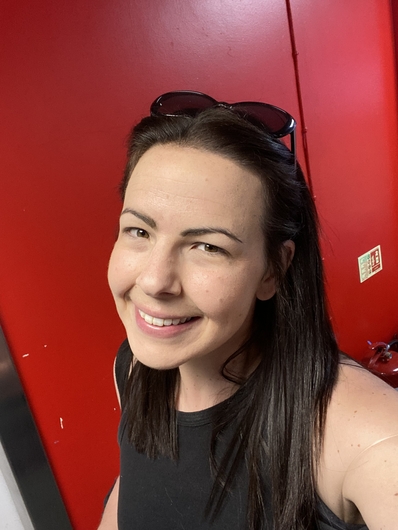Posted By: MMHA
2 minute read

In the absence of professional help, peer support became a lifeline to me.
When I was pregnant with my second child, I went through a difficult pregnancy. I was trying to manage both an eating disorder and type 1 diabetes, while also dealing with the emotional weight of the pandemic. The isolation from COVID-19 restrictions caused my mental health to deteriorate further, but despite this, I received no antenatal mental health support at all.
After giving birth, I didn’t get to see my GP. I wasn’t assessed by a perinatal mental health team or offered any personalised care. Instead, I was prescribed antidepressants, without any real conversation, and left to cope on my own.
Eventually, I was referred to a Community Mental Health Team and then to SHED [Service for High-risk Eating Disorders]. But by that point, my physical health had worsened so much that I couldn’t fully engage with the psychological therapy on offer. I was then discharged from SHED and placed on a waiting list, while having minimal contact with healthcare services.
In the absence of professional help, peer support became a lifeline to me. I connected with others online through BEAT, the eating disorder charity. I also started an Instagram account to connect with people living with type 1 diabetes and joined local meet-ups for single parents.
Further along the journey, I also reached out to Mind and Home-Start Cymru, accessing some counselling through Mind and one-to-one support from a Home-Start volunteer. These connections were vital for me.
Discovering that I was not alone in my struggles helped me massively. But it should never have been this hard to get help while I was pregnant and after I had my child.
Mental healthcare teams need to be more aware of how best to support people with more than one health condition. Managing something like diabetes isn’t just physical, it has a huge emotional toll, especially when combined with an eating disorder.
There also needs to be much stronger connection between services, so women and birthing people can access support faster and get more holistic care during and after pregnancy. Joined-up care and better signposting, particularly to peer support groups, can genuinely change lives.
If the content of this story causes you to think of anything that has happened to you or someone you know and you feel upset, worried or uncomfortable, please see our support page for a list of services who may be able to help.